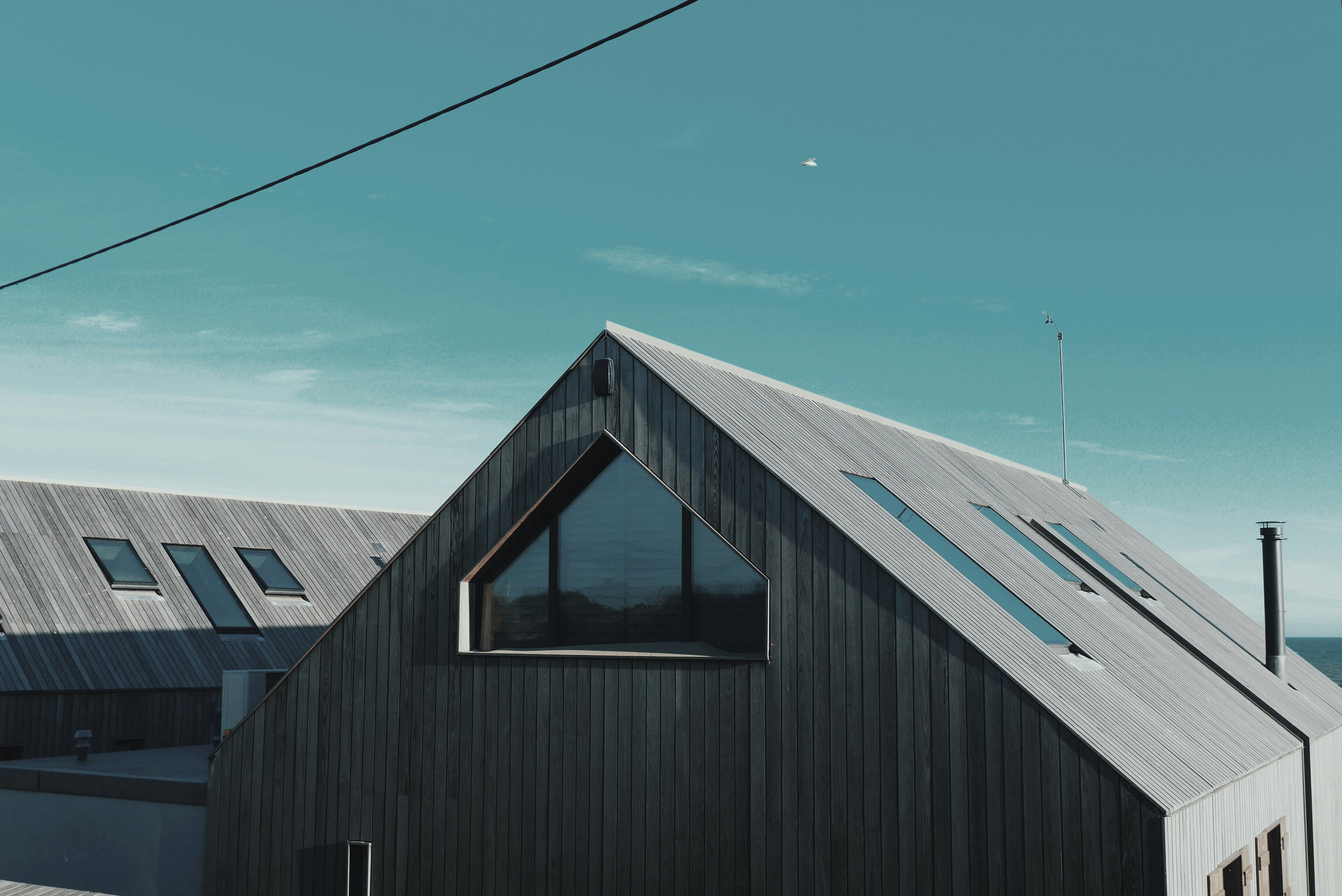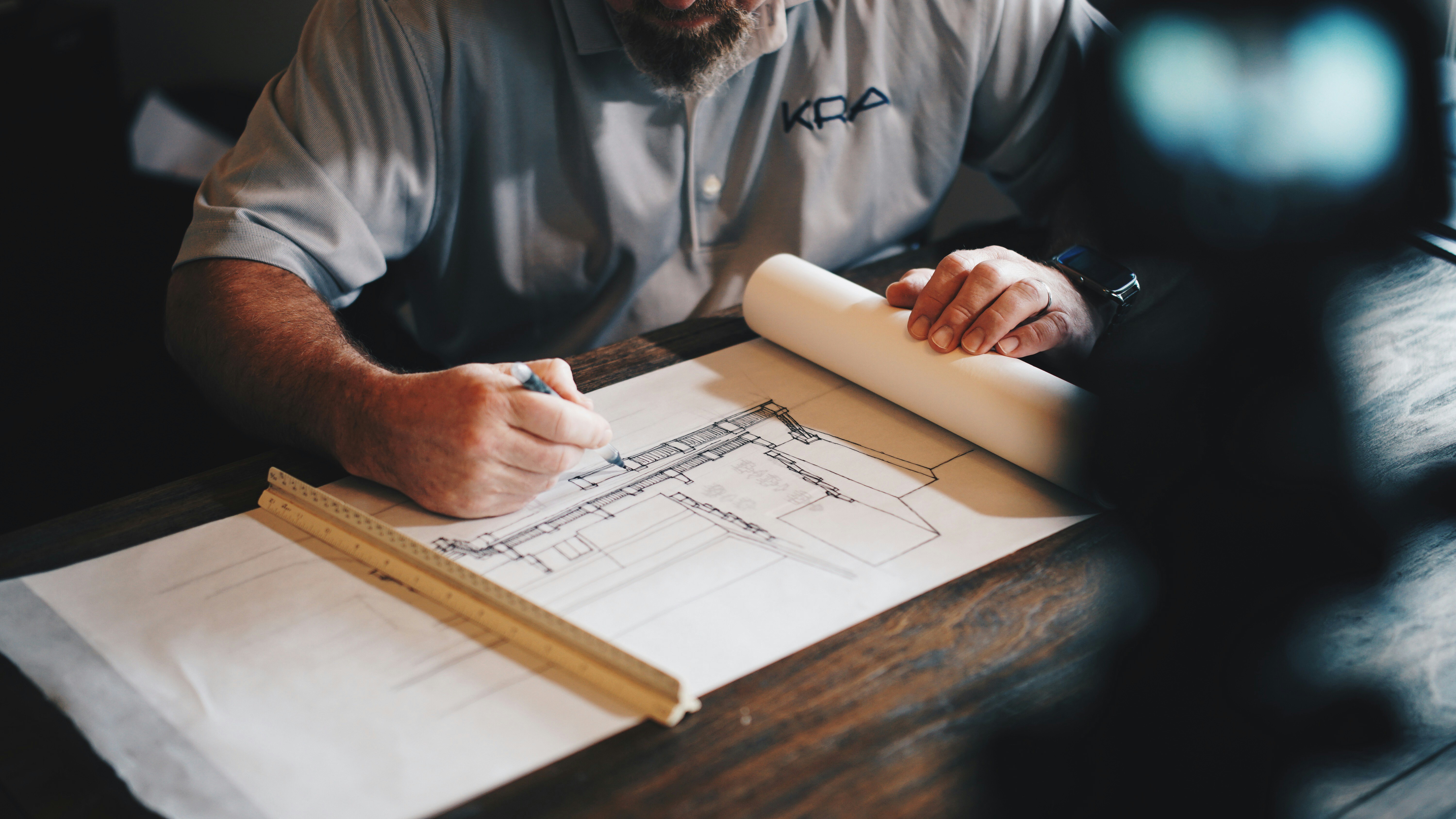
Denver Roof Replacement Cost Guide 2025
Understanding Roof Replacement Costs in Denver
Replacing your roof is one of the most significant investments you'll make in your Denver home. As a homeowner, understanding the costs involved helps you budget appropriately and make informed decisions about materials, timing, and contractor selection.
At Elite Tradesmen LLC, we've completed hundreds of roof replacements throughout the Denver metro area. This comprehensive guide shares our insider knowledge about current roofing costs, factors that influence pricing, and how to maximize your investment.
Quick Reference: 2025 Denver Roof Replacement Cost Summary
Note: Prices reflect complete roof replacement including materials, labor, removal of old roofing, and standard warranty. Prices updated April 2025.
What Factors Influence Denver Roof Replacement Costs?
1. Home Size and Roof Square Footage
The total area of your roof is the primary factor affecting cost. In the roofing industry, we measure in "squares" — one square equals 100 square feet.
Average 1,500 sq ft ranch home: approximately 15-20 squares
Average 2,000 sq ft two-story home: approximately 17-22 squares
Average 3,000 sq ft two-story home: approximately 25-35 squares
2. Roof Complexity and Pitch
Denver homes feature diverse architectural styles, each with different roof configurations:
Low Complexity (Lower Cost):
Simple gable or hip roof
Few or no valleys
Minimal penetrations (vents, skylights)
Low to moderate pitch (4/12 to 6/12)
High Complexity (Higher Cost):
Multiple levels and dormers
Numerous valleys and hips
Multiple penetrations
Steep pitch (8/12 or greater)
A complex roof can increase labor costs by 25-50% compared to a simple design.
3. Material Selection
Denver's climate demands durable roofing materials that can withstand:
Intense UV exposure
Dramatic temperature fluctuations
Hail and severe storms
Heavy snow loads
Popular Denver Roofing Materials:
Asphalt Shingles ($4-$7 per square foot)
Most common and economical option
Various quality levels and warranties
Good performance in Denver climate
Impact-Resistant Asphalt Shingles ($5.50-$8.50 per square foot)
Class 4 impact rating for hail resistance
Insurance premium discounts available
Enhanced durability for Denver's storm seasons
Metal Roofing ($9-$14 per square foot)
Excellent longevity and durability
Superior performance in snow conditions
Energy efficient in summer months
Concrete and Clay Tile ($12-$20 per square foot)
Premium aesthetic appeal
Exceptional durability and longevity
May require structural reinforcement
4. Removal of Existing Roofing
Colorado building codes generally permit only two layers of roofing material. If your home already has two layers, complete removal is required before installation, adding to the overall cost:
Single layer removal: $1-$2 per square foot
Double layer removal: $2-$3 per square foot
Removal of wood shake under another material: $3-$5 per square foot
5. Structural Repairs
Many Denver homes, particularly older properties, require deck repairs once the old roofing is removed:
Plywood replacement: $55-$75 per sheet
Structural beam repairs: Varies based on extent
On average, we find that 10-20% of roof decking typically needs replacement during a complete roof replacement.
6. Code Requirements and Upgrades
Denver's building codes have evolved to address our unique climate challenges. Your roof replacement may require:
Ice and water shield in valleys and eaves
Enhanced ventilation systems
Updated flashing and water diversion
Energy efficiency improvements
These code-required upgrades typically add $1,000-$3,000 to a roof replacement project.
7. Season and Timing
Denver's roofing season affects pricing:
Peak Season (May-October): Higher demand and potentially higher costs
Off-Season (November-April): Possible discounts, but weather limitations
Post-Hail Storm: Significantly higher demand and potentially higher costs
Understanding Roof Replacement Components
A quality roof replacement includes more than just shingles. Here's what should be included in a comprehensive Denver roof replacement:
1. Underlayment and Ice/Water Shield
Providing a critical second line of defense against moisture. Denver code requires ice and water shield in valleys and at eaves to prevent ice dam damage.
2. Proper Ventilation System
Essential for preventing heat and moisture buildup that can damage your roof structure and reduce energy efficiency. A balanced system of intake and exhaust vents extends roof life and improves home comfort.
3. Flashing Replacement
New flashing at all roof penetrations, chimneys, and wall intersections prevents water intrusion at these vulnerable areas.
4. Drip Edge
Metal edging that directs water away from fascia and into gutters, protecting your home's structural components.
5. Ridge Caps and Hip Coverings
Specialized shingles that protect these high-exposure areas while providing a finished appearance.
6. Complete Cleanup and Disposal
Thorough removal of all old materials and roofing debris from your property.
Insurance Considerations for Denver Roof Replacements
Colorado's Front Range is one of the most hail-prone regions in the United States, making insurance an important consideration in roof replacement:
Hail Damage Claims
If your roof has sustained hail damage, your homeowner's insurance may cover all or part of the replacement cost. The process typically includes:
Professional inspection to document damage
Insurance claim filing with detailed documentation
Insurance adjuster assessment
Scope of work agreement between contractor and insurance
Replacement completion
Final inspection and payment
Working with a contractor experienced in insurance claims can significantly simplify this process.
Insurance Premium Considerations
Many Denver insurance companies offer premium discounts for impact-resistant roofing materials. Class 4 impact-resistant shingles may qualify for 5-25% discounts on your homeowner's insurance, offsetting the higher initial investment.
Denver Roof Replacement: DIY vs. Professional Installation
While DIY roof replacement may seem cost-effective, consider these factors specific to Denver:
Denver Roof Replacement: DIY vs. Professional Installation
Warranty protection (manufacturer warranties typically require professional installation)
Code compliance expertise
Weather-appropriate techniques for our unique climate
Insurance claim assistance
Safety and equipment considerations
For most Denver homeowners, professional installation provides superior long-term value and performance.
How to Select a Denver Roofing Contractor
Choosing the right contractor significantly impacts your roof's performance and longevity. Look for:
Local experience with Denver's unique climate challenges
Proper licensing and insurance in compliance with Denver requirements
Manufacturer certifications from premium roofing brands
Strong warranty offerings on both materials and workmanship
Positive reviews from Denver homeowners
BBB accreditation with good standing
Clear, detailed contracts outlining all project specifications
Financing Your Denver Roof Replacement
Several financing options are available for Denver homeowners:
Home equity loans or lines of credit
Contractor financing programs
FHA Title I home improvement loans
Manufacturer financing through certified contractors
Colorado energy efficiency programs for qualifying roof systems
Elite Tradesmen's Approach to Roof Replacement
At Elite Tradesmen LLC, we've refined our roof replacement process to deliver exceptional value to Denver homeowners:
Thorough inspection and assessment
Detailed, transparent cost estimate
Material selection assistance
Insurance claim support when applicable
Professional installation by experienced Denver roofers
Comprehensive cleanup and final inspection
Strong warranty protection
Frequently Asked Questions About Denver Roof Replacements
How long does a roof replacement take in Denver?
Most standard residential roof replacements are completed in 1-3 days, depending on size, complexity, and weather conditions.
What's the best time of year to replace a roof in Denver?
Late spring through early fall provides optimal conditions, but we can complete roof replacements year-round when weather permits.
Do I need to vacate my home during roof replacement?
No, you can typically remain in your home during the replacement. Expect noise during working hours.
How do I know if I need a full replacement versus repairs?
Warning signs that indicate replacement include:
Multiple leaks
Shingle granule loss
Widespread cracking or curling
Age (15+ years for standard asphalt)
Significant hail damage
Can I overlay a new roof on my existing shingles?
Colorado building codes allow a maximum of two layers of roofing. If you already have two layers, complete removal is required.
How long should my new Denver roof last?
With proper installation and quality materials:
Standard asphalt: 15-25 years
Impact-resistant asphalt: 25-30 years
Metal roofing: 40-70 years
Tile roofing: 50+ years
Denver's intense sun and dramatic weather can reduce these timeframes compared to milder climates.
Request a Free Roof Replacement Estimate
Ready to explore your roof replacement options? Elite Tradesmen LLC provides free, no-obligation roof inspections and estimates for Denver homeowners.
Our roofing specialists will:
Assess your current roof condition
Discuss material options suited to your home and budget
Provide a detailed cost breakdown
Explain warranty options
Address insurance questions
Ready to transform your bathroom? Contact us today for a free, no-obligation consultation and estimate for your Denver roof replacement project.
Frequently Asked Questions
Don’t find the answer? We can help. Click here





